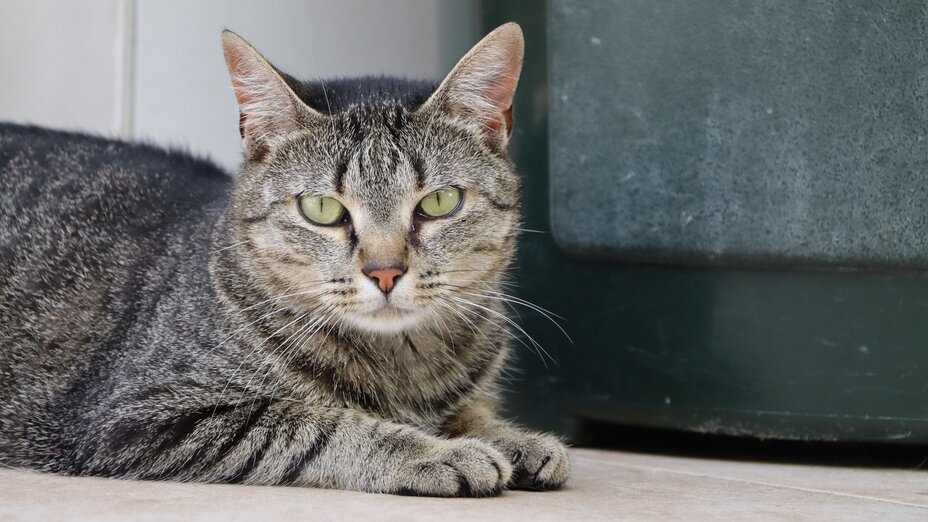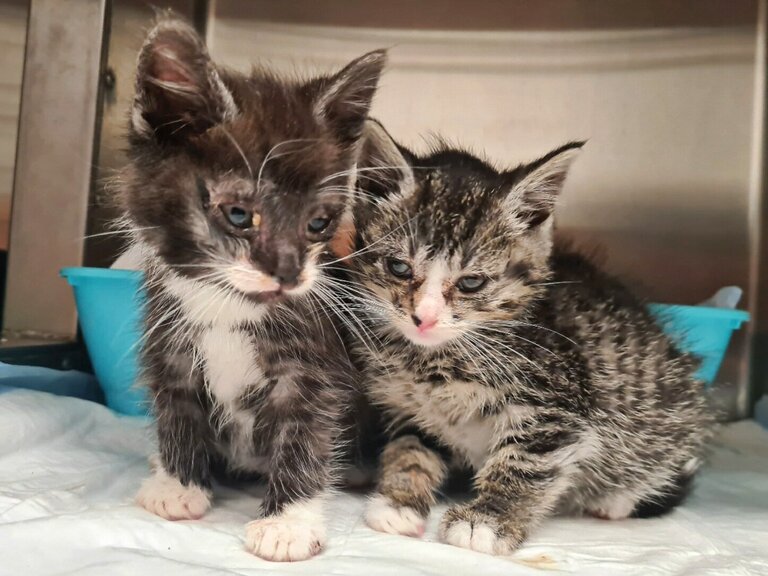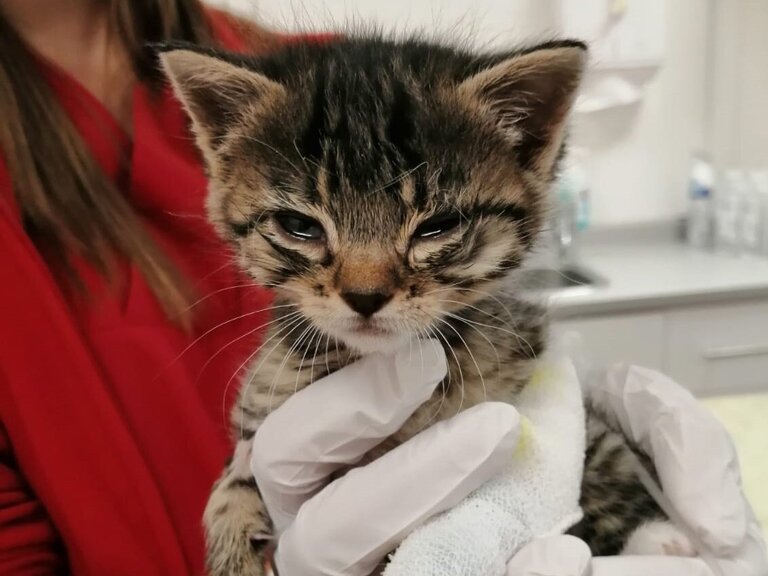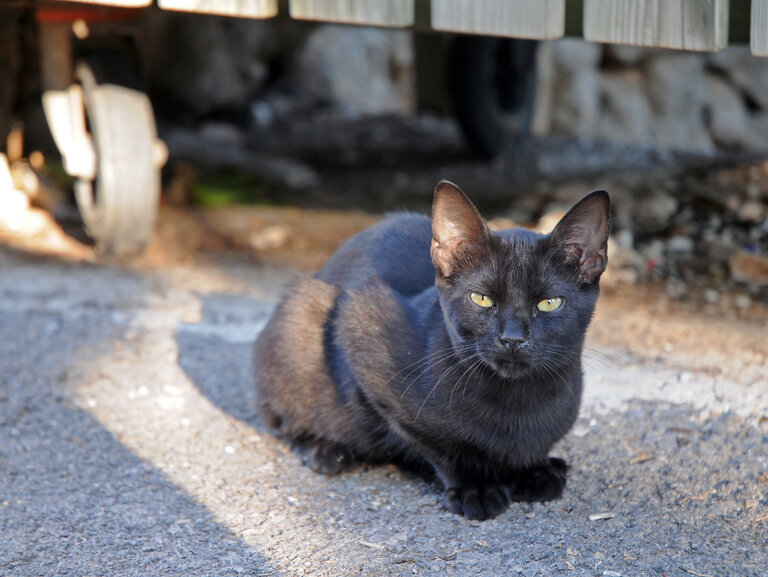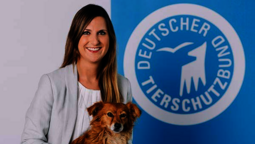Placing stray cats in a home is usually not an option - as the German Animal Welfare Federation points out. If cats have not had sufficient positive contact with humans in their first few weeks of life, they usually remain shy and fearful. Animal welfare activists therefore release stray cats back to their place of capture after neutering and look after them at feeding stations. However, some animals can no longer be released due to health restrictions, for example, or seek such close contact with humans that releasing them back into the wild is out of the question. The German Animal Welfare Federation is now looking for homes for 13 such cats as part of its “Every cat's life counts” campaign. The association has chosen the animals as its “Shelter Animals of the Month” for August - which is dedicated to the “International Cat Day” on 8 August.
“Anyone who takes in a former stray cat often needs patience and should not expect the animals to be trusting and cuddly,” says Dr. Dalia Zohni, specialist for pets at the German Animal Welfare Federation. “You have to accept that they will always be reserved towards humans.” Outdoor access is also usually essential for the animals, as they are used to being outside. Cat lovers who are interested in adopting a former stray cat can find 13 animals on the website www.jetzt-katzen-helfen.de/strassenkatzen-des-monats. If you live in a rural area and are not looking for an affectionate cuddly cat, you can often find other stray cats looking for a new home with plenty of space through animal shelters and cat protection associations. Anyone who is prepared to give one of these special cats a forever home is making an important contribution to animal welfare and will be rewarded by the unique personality of these animals.
WHY NOT EVERY STRAY CAT CAN BE REHOMED
However, it is often impossible to find homes for adult stray cats in particular. In the first few weeks of a cat's life - during its second to seventh week, the so-called socialization phase - the foundations for living together with humans are laid. In the following weeks, getting used to humans is still possible to a certain extent, but in many cases it is much more difficult. If cats have not had sufficient positive contact with humans in these first weeks of life, it is unlikely that they will be able to live stress-free in a domestic environment. They are shy, anxious, always looking for ways to escape and feel permanently overwhelmed in enclosed spaces - for example in an animal shelter or an apartment. As their anxious behavior is hardly reversible, these animals have little hope of being rehomed. It is therefore important that stray cats are found during their imprinting phase, emphasizes the German Animal Welfare Federation. During this time, animal welfare workers can get the cats used to contact with humans. This is the only way most animals have a chance of finding a loving home.
BACKGROUND:
The German Animal Welfare Federation estimates that there are several million stray cats living hidden and mostly unseen in this country. The animals are sick, malnourished and usually die prematurely. Originally, they all come from cats from private households that have not been neutered. With its campaign “Every cat's life counts” (www.jetzt-katzen-helfen.de) and the “Big Cat Protection Report”, the German Animal Welfare Federation is raising awareness and calling for a nationwide neutering obligation for cats with uncontrolled outdoor access.

